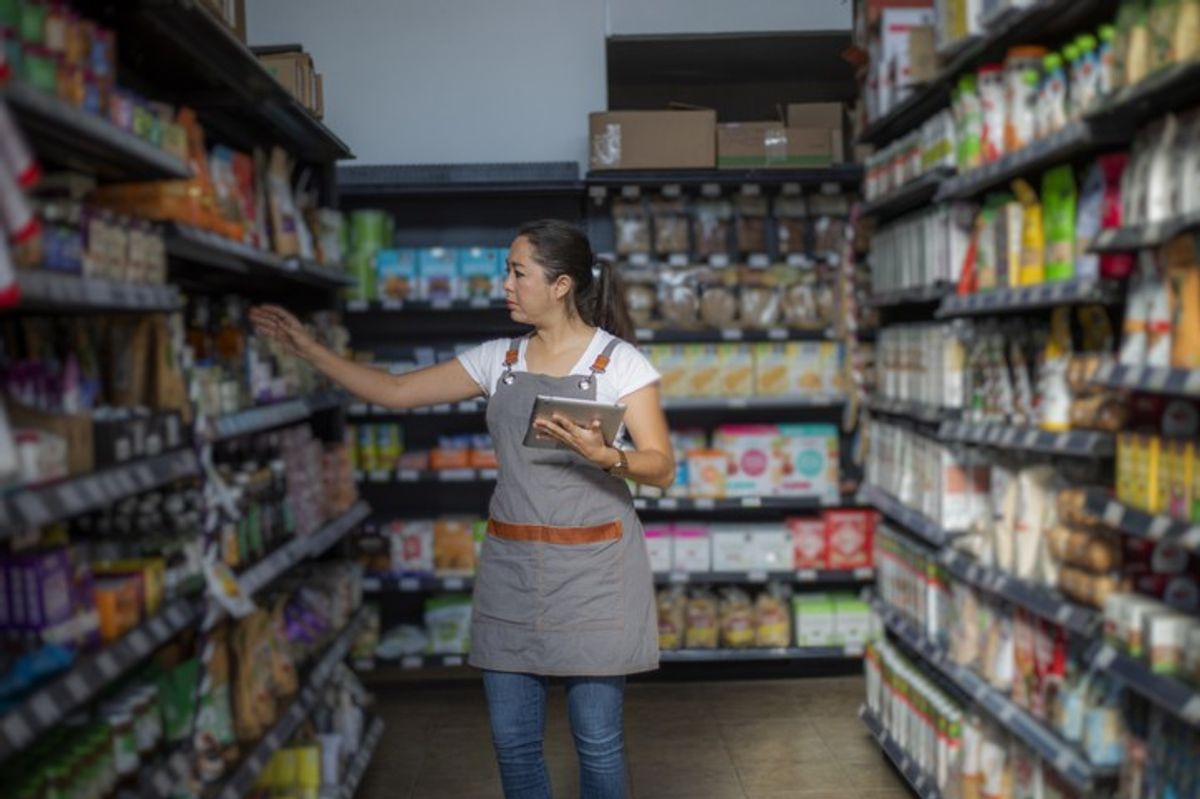As UK and European retailers gear up for 2025, the grocery sector is poised for transformation, driven by renewed focus on fundamental retail practices, new revenue opportunities, and the growing demand for health and sustainability initiatives., highlights a new report.
A new report from IGD outlines six key trends that are set to shape the future of the grocery sector across the UK and Europe.
1. Optimising Retail Fundamentals for Success
While new technologies capture attention, UK and European retailers are reinforcing core retail fundamentals like stock availability, pricing, and promotions. Innovations like shelf-edge cameras and AI-driven stock management are improving these essential areas, ensuring a seamless shopping experience.
2. Exploring New Revenue Streams
As operating costs rise, UK retailers are diversifying their revenue sources by leveraging e-commerce technology, data monetisation, and B2B services. Tesco’s launch of Transcend, enabling other grocers to use its fulfilment tools, exemplifies the growing interest in non-traditional retail income streams.
3. Evolving Store Formats for Greater Flexibility
Retailers are adopting adaptable store designs that cater to evolving consumer needs and seasonal trends. The rise of modular store formats that feature event spaces, like FairPrice Finest in Singapore, is gaining traction in Europe, offering dynamic, customer-focused shopping experiences.
4. Seamless Connected Commerce
UK and European retailers are enhancing the integration of physical and digital retail, focusing on omnichannel experiences, loyalty programmes, and smart checkout solutions. AI-powered tools, like Target’s Store Companion, are simplifying store operations while enhancing customer engagement.
5. Health and Wellness Products Lead the Charge
Driven by growing health-conscious consumer demand, retailers in the UK and Europe are introducing more functional foods and health-focused products. The rise of initiatives like Cycle.me demonstrates a shift towards combining wellness with convenience, offering consumers greater choice in healthy, sustainable products.
6. Accelerating Sustainability Commitments
Retailers are intensifying their sustainability efforts, with a focus on reducing food waste, plastic packaging, and energy usage. Germany’s EDEKA Dorfmann sustainability store sets a new benchmark for eco-conscious retail, inspiring UK and European retailers to meet ambitious sustainability goals through innovative practices.
Stewart Samuel, Director of Retail Futures at IGD, commented, “As we move towards 2025, retailers must build on the foundation of global trends while ensuring they stay agile to rapidly evolving consumer demands.
"Focusing on the basics – stock availability, pricing, and promotions – remains critical to success. But at the same time, leveraging new revenue streams, embracing technological innovation, and championing health and sustainability are no longer optional; they are essential to staying competitive.
“Retailers who can successfully integrate these areas will not only future-proof their businesses but also build stronger relationships with increasingly conscious and demanding consumers.”


